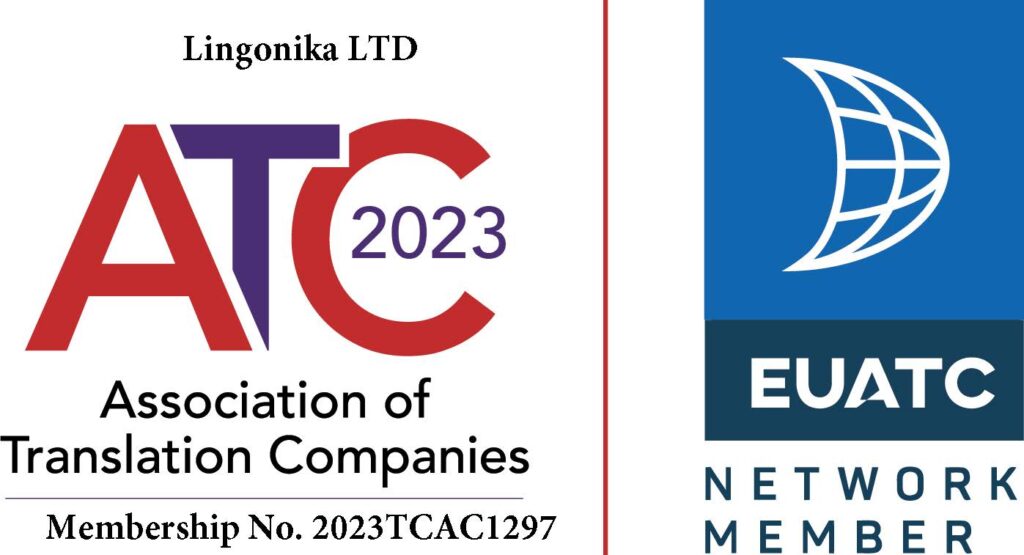In the UK, ‘certified translation’ means an officially signed and authorised statement of truth, declaring the completed translation to be an accurate and true representation of the original document.

Types of certified translation:
- Standard certified translation
- Notarised translation
- Sworn translations
- Apostille
When do you need a certified translation?
Certified translations are generally needed when submitting legal documents such as a certificate, a decree by an authority, or another document to be delivered to an authority. Translations created by sworn translators are always equivalent to the original document. Certified translations carry a stamp and are often accompanied by a certification or a statement by a sworn translator.
Purpose of certified translations
Certified translations are proof of studies or degrees completed in another country and another education system; as a certificate of non-impediment for marriage, or when seeking a divorce in another country; for matters concerning international company acquisitions or the company register; or when drawing up contracts with parties who require them in another language, or for criminal or civil proceedings. A translated document’s function is to prove a certain qualification, right or legality in matters involving more than one language or country.
Our certified translations are:
- Fully accredited, certified and legally recognised
- Competitively priced
- Accepted by government bodies such as the Home Office, Courts of Law and the DVLA.
Standard certified translation
A standard certified translation is usually sufficient for full legal use in the United Kingdom. This type of document certification is officially signed and stamped by the translator/translation company and accompanied by a cover letter stating full details and can be treated as proof of accuracy.
Notarised translation
In some cases, further certification may be required. This refers to a ‘Notarised Translation Certificate’. It is very similar to the standard certification; however, it is signed and stamped by a solicitor or public notary, who also provides a signature and an official seal to prove the translation’s legality.

Sworn Translations
Sworn translations require the testimony of the linguist, confirming they have carried out the translation and truthfully communicated the translation. Translators must do this in front of a solicitor or notary public.
Apostille
The function of apostille translations are typically for presenting documents overseas. This procedure is the same as for a notarised translation, however an apostille translation requires the document is sent to the Foreign and Commonwealth Office (FCO) for validation. This translation is valid for all countries abiding to the Hague Convention.
